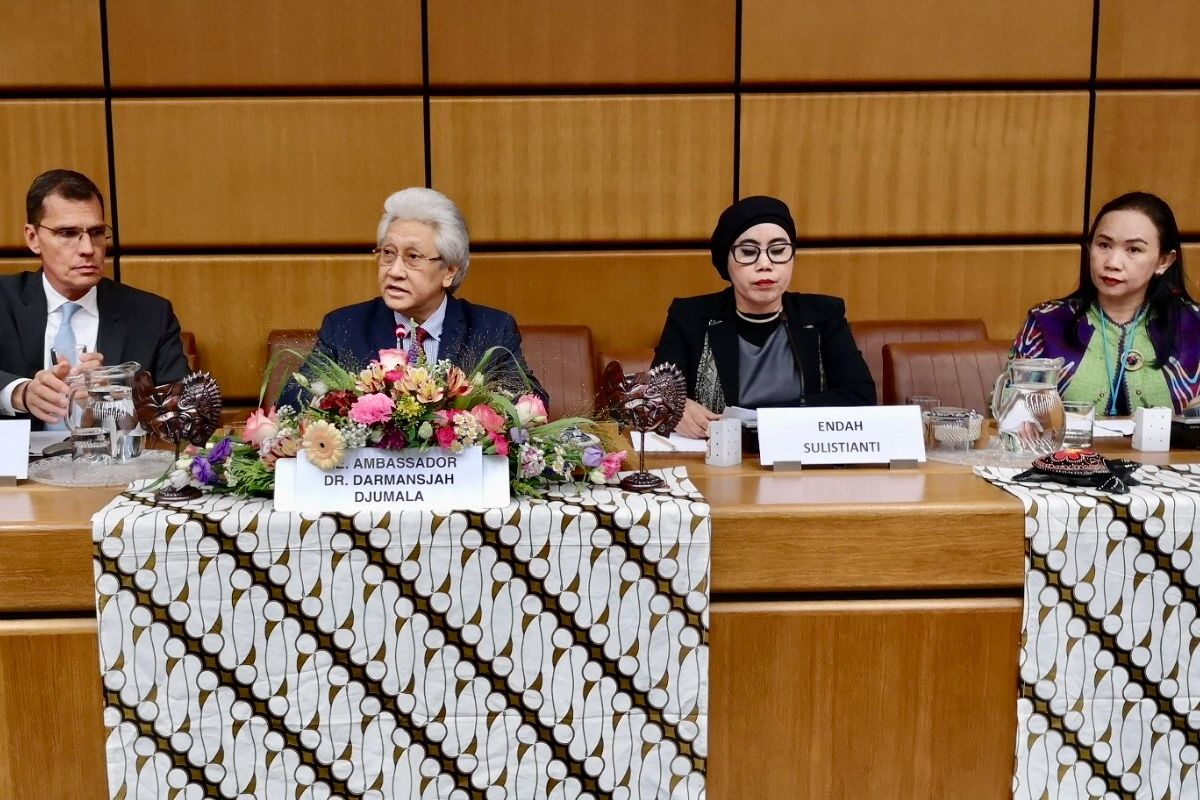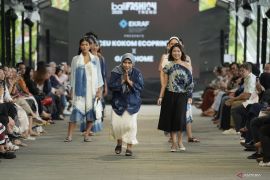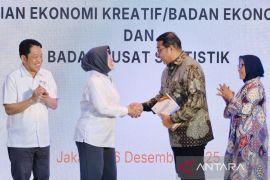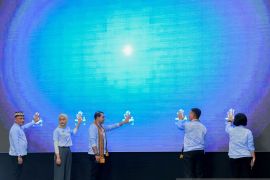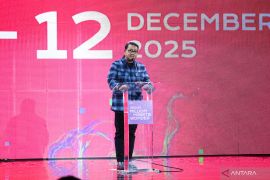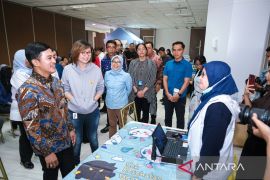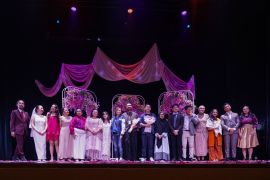Permanent Representative of the Republic of Indonesia in Vienna noted in its press statement, Thursday, that the seminar was held by the Indonesian Creative Economy Agency (Bekraf), in collaboration with the United Nations Industrial Development Organization (UNIDO), and was facilitated by the Indonesian Embassy in Vienna.
Indonesian Permanent Representative/Ambassador to the UN in Vienna Dr Darmansjah Djumala stated in his remarks that a mutually reinforcing relationship exists between the creative economy and Industry 4.0.
Indonesia, sentient of the threats and opportunities presented by Industry 4.0, is encouraging UNIDO to help developing nations best prepare for the fourth industrial revolution by providing the necessary information and skills, among others.
This seminar was one of Indonesia's contributions to this end.
"As said by Robert J. Shiller, the 2013 Nobel Prize winner, 'You cannot wait until a house burns down to buy fire insurance on it.' Likewise, we cannot wait for the big chaos in the community to prepare them for the fourth industrial revolution," Ambassador Djumala remarked.
Bekraf's Deputy Chairman for Inter-Agency and Regional Relations, Endah W. Sulistianti, noted that the fourth industrial revolution provided greater opportunities for growth of the creative economy.
The latest technologies comprising artificial intelligence, robotics, and multi-functional systems can further optimize the development of the creative economy.
"In this era of Industry 4.0, everyone must be more agile to develop new ideas and improve business performance. Through digital transformation, the expression of creativity is facilitated, so that it becomes an economic opportunity," Sulistianti pointed out.
Creative economy plays a crucial role in the Indonesian economy. In 2018, the creative economy had contributed US$77.9 billion, equivalent to 7.44 percent of Indonesia's gross domestic product (GDP).
Indonesia's creative economic contribution to the GDP is the third-largest worldwide after the United States and South Korea.
Furthermore, Indonesia's creative economy employs 17 million people, some 14 percent of Indonesia's active workforce, and women constitute over 54 percent of the creative players. This notable figure is a testament to the fact that the creative economy is a strategic alternative towards realizing equality and unleashing opportunities.
Indonesia is boosting the development and growth of Indonesia's creative economy in 16 sub-sectors, focusing on the three leading sub-sectors of culinary, fashion, and handicrafts and three sub-sectors prioritizing films, animation and video, applications and games, and music.
The seminar was organized as a follow-up to the World Conference on Creative Economy (WCCE) meeting held in Bali last November, aimed at mainstreaming creative economic issues in international institutions, especially the UN.
The seminar was attended by representatives from UNIDO member countries and civil society groups.
In his remarks, Director of External Relations of UNIDO Kai Bethke expressed hope that utilizing technological advancements in Industry 4.0 would boost the creative economy and trigger a paradigm shift in member nations and international organizations.
Translator: Zeynita Gibbons/Yashinta Difa
Editor: Bambang Purwanto
Copyright © ANTARA 2019
